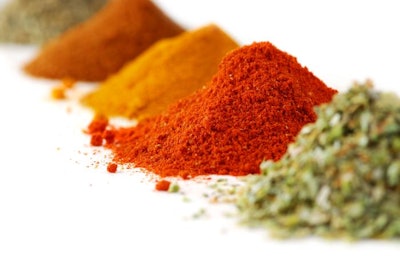
One of the most frequent questions when it comes to phytogenics (botanicals) is whether it pays to spend the extra dollar for protected forms. Some argue that it is not worth the expense as most products are over-formulated anyway, or that such research remains inconclusive. Others will support protection unequivocally because they have experienced first-hand the lack of it. I believe that the truth is somewhere in between — as always!
For products that are close to their natural state, like ground-up spices, herbs or any kind of plant material, protection of any kind (apart from adding some form of antioxidant, and again, only for extreme conditions) there is little scope in finding a solution to protect them. The active compounds are tucked away inside intact cells providing enough protection. We use spices and herbs in human nutrition without the need for much protection, but nobody claims such products should be kept in open air containers for more than 12 months.
In contrast, when products are extracts or even pure compounds, then the discussion of protected products becomes more relevant. I would say that extracts can be protected, but I question whether such expense is warranted, especially if the time from opening their container until animals consume the feed is short enough to avoid significant — if any — losses. The same cannot be said for pure compounds, most of which are highly volatile. In this case, if one wants to keep the efficacy of such products, then protection is the only way. Otherwise, we will have a very nice smelling product at the time we open the container, providing a diminishing pleasant aroma until the final feed reaches the animal, often with traces of the initial concentration of phytogenics.
In brief, good products based on controlled concentrations of pure compounds must be protected by some form of manufacturing. Otherwise, we pay only for the privilege of smelling them. Less refined products require less or even no protection at all, something that needs to be determined based on their nature and manufacturing/usage process.

















